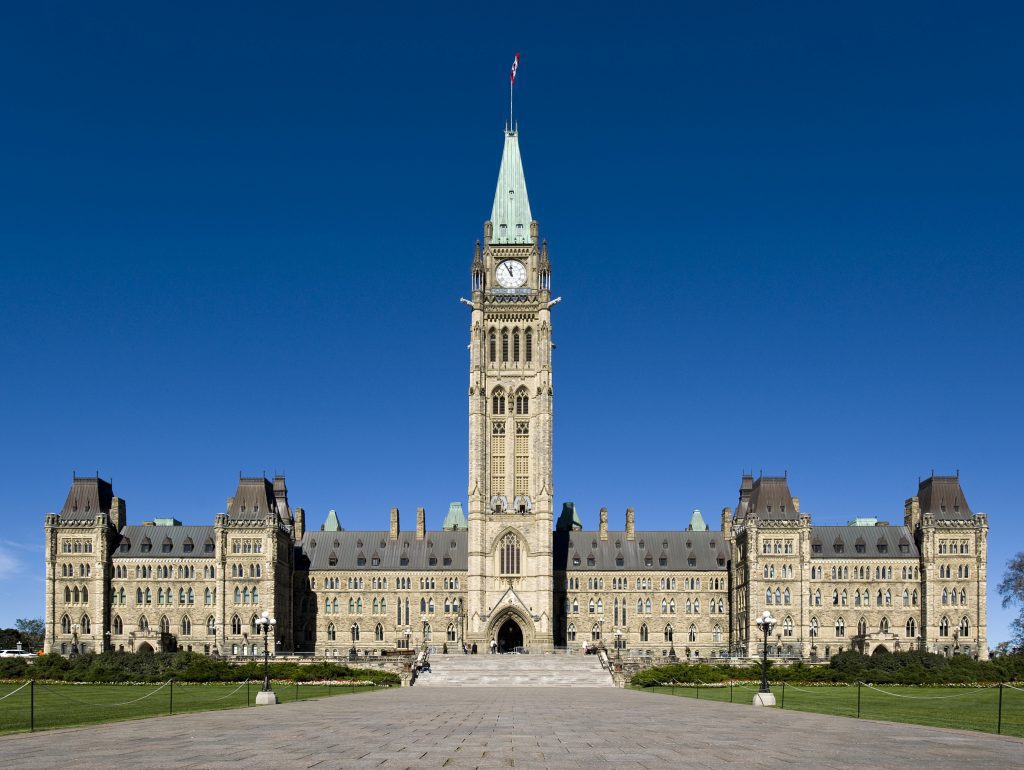Statement from Keith Brooks, Programs Manager, Environmental Defence
Toronto | Traditional territories of the Mississaugas of the Credit, the Anishinaabeg, the Haudenosaunee, and the Wendat – We are very concerned about the findings in today’s report from the Office of the Auditor General of Canada (OAG) that shows that once again, Canada is on track to miss its greenhouse gas emissions reduction targets.
As outlined by the OAG, delays in implementing important net-zero regulations is one of the most significant barriers to delivering emissions reductions. This highlights the need to quickly move to cap emissions from the oil and gas sector, align private finance with net-zero, finalize clean electricity rules, and phase out gasoline powered car and truck sales by 2035.
In 2021, the Government of Canada set out a target to reduce 40-45 per cent of its emissions by 2030, from 2005 levels. We are in the critical decade for averting further catastrophic climate disasters. Additional delay is not an option.
The report is clear that government action must target the most polluting industries. The oil and gas industry is the largest and fastest growing source of Canada’s greenhouse gas pollution. Although the federal government has promised to bring in new regulations to reduce oil and gas emissions, it has been two years since the promise of an emissions cap – but we have yet to see even draft regulations. In addition, the emissions cap is facing major pushback from Canada’s oil and gas industry, which heightens the risks of a weakened policy when it does come out. To have a chance of meeting its 2030 emissions reduction target, the federal government must stand up to the oil and gas industry and put forth a strong and robust emissions cap before COP28.
The report also confirms that Canada’s climate efforts to date are inadequate, and should send policymakers rushing to use all the tools at their disposal. Canadian investors are the largest fossil fuel financiers globally, which means they still invest more in climate pollution than in climate solutions. Climate-aligned finance policy is the missing piece for Canada to succeed on net-zero. Policies for climate-aligned finance have been drafted and proposed, including the Climate Aligned Finance Act in the Senate and Motion-84 in the House of Commons.
Policymakers should rally behind these ready-made solutions that would set Canada on track for a safer climate. If Canada plans to succeed in cutting emissions by 2030, banks and pensions must align with the same trajectory. Committing to aligning our financial system with net-zero is sensible, and the federal government must deliver regulations to ensure banks and pensions invest in a way that helps Canada cut emissions by 2030.
We urge the government to strengthen and finalize the Clean Electricity Regulations. Clean electricity is the backbone of any serious plan to decarbonize the economy. Electric vehicles, heat pumps, and industrial electrification all hinge on a decarbonized grid. However, these regulations as currently drafted will fail to meet Canada targets as well as the pledge of a net-zero electricity sector by 2035. Canada must close the loopholes that allow gas plants to operate post-2035 and finalize the regulations without further delay.
We also urge the federal government to quickly implement the zero-emission vehicle (ZEV) sales regulation. To help close the gap between emissions goals and existing emissions projections, we urge adopting stronger ZEV sales targets in line with reference jurisdictions, the tightening of current provisions that allow for excess compliance deferral, the elimination of the ‘ZEV-related activities’ loophole, and halting the potential introduction of new clauses that would weaken the draft regulation, such as ‘early action credits,’ ‘super credits,’ or giving Plug-In-Hybrid Vehicles (PHEVs) excess credits.
The federal government must address the issues that plague Canada’s climate efforts by implementing the above promised policies urgently, ensuring accountability across government departments, and providing clarity on timelines. Without these key changes, Canada will continue to miss its climate targets and fail to do its part in helping keep global temperature rise to below 1.5 degrees.
ABOUT ENVIRONMENTAL DEFENCE (environmentaldefence.ca): Environmental Defence is a leading Canadian environmental advocacy organization that works with government, industry and individuals to defend clean water, a safe climate and healthy communities.
– 30 –
For more information or to request an interview, please contact:
Allen Braude, Environmental Defence, media@environmentaldefence.ca





